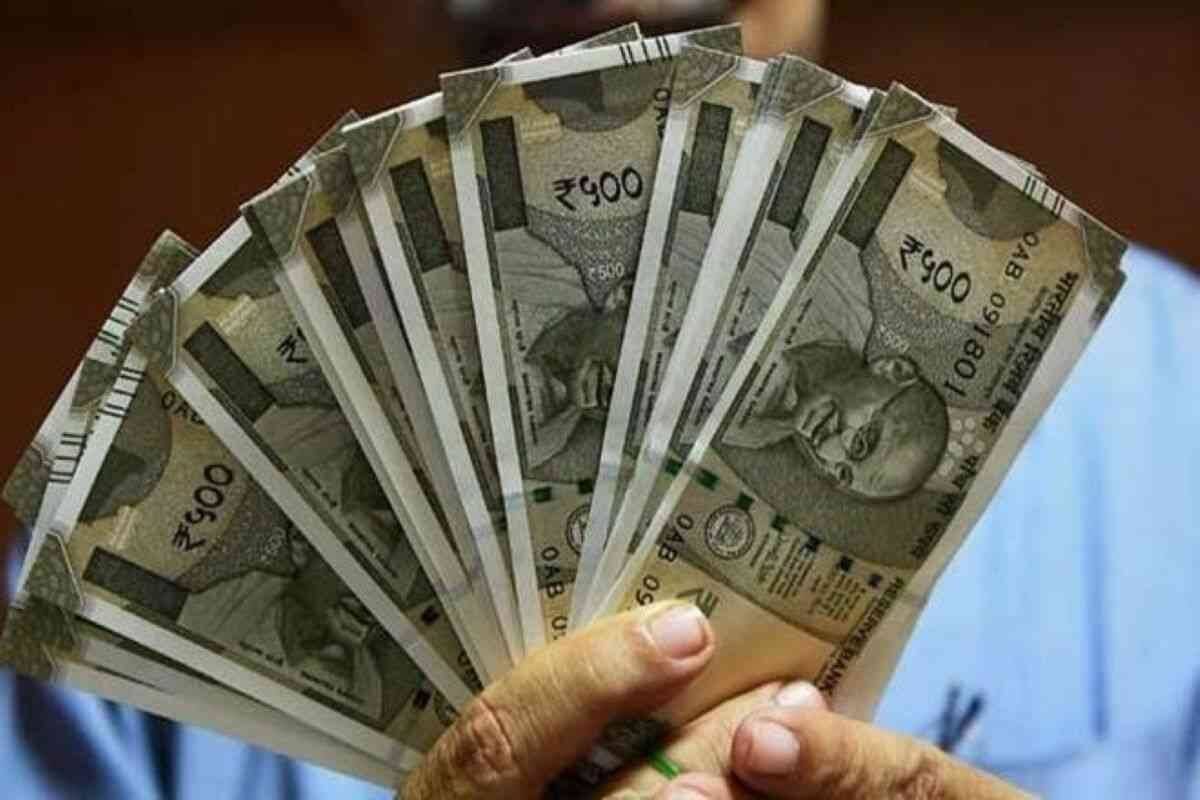The Bad Bank is finally here, after a decade of discourse. It aims to assist pack up banks’ books by taking up Rs 2 lakh crore bad loans. If it works as intended, Bad Bank may help cut system-wide bank NPAs (non-performing assets) by over 1%, and help recover a number of bad debts too, analysts say. The National Asset Reconstruction Company (NARCL), because it is officially named, will acquire banks’ debt to resolve or liquidate. it’ll buy these stressed assets for a mixture of money , and government-guaranteed security receipts.
Finance Minister Nirmala Sitharaman on Thursday announced that the Union government will guarantee Rs 30,600 worth of security receipts issued by the National Asset Reconstruction Company (NARCL). “NARCL will acquire stressed assets through 15% cash payment to banks supported valuation and therefore the rest 85% are going to be given as security receipts,” Nirmala Sitharaman said. The government-backed security receipts can only be invoked on resolution or liquidation.
The National Asset Reconstruction Company (NARCL) was proposed by the minister of finance in her Union Budget speech. NARCL, popularly referred to as Bad Bank, will function as an asset reconstruction company found out by banks to resolve stressed assets for smoother functioning. Public sector banks will have 51% ownership in NARCL. The bad bank intends to resolve stressed loan assets above Rs 500 crore each.
How the Bad Bank will work
Bad loan transfer: NARCL will take over bad loans worth Rs 2 lakh crore from banks, of which Rs 90,000 crore are going to be appropriated within the first phase. The Ministry of Finance said that NARCL will acquire bad loans from banks for a mutually agreed-upon value (understandably, a net value after a haircut). NARCL can pay 15% of the agreed net value of the debt upfront in cash and therefore the remaining 85% in sort of security receipts. The banks would use this 15% cash upfront to reverse the debt write down. As for the safety receipts for the remaining 85%, the bank would redeem those when the bad bank resolves or liquidates the bad debt; or, the bank can also trade these securities for cash.
Provision write-back: “These loans are fully provided within the books of the bank. The upfront cash received, 15% of the written-down value, would be reversed while the provisions for the balance (value of security receipts) are unlikely to be reversed albeit it’s fully provided,” analysts at Kotak Securities wrote during a note. “The larger release of provisions, if any, would be made as and when the cash is received on sale of those receipts or redemption of security receipts. the govt guarantee on SRs can enable trading of those securities,” Kotak Securities added.
Government guarantee: the safety receipts issued by NARCL are backed by the Union government guarantee. the govt guarantee will cover any shortfall between the face value of the receipts and therefore the actual realisation value of the bad loan.
Resolution is vital
“How efficiently the professionals are resolving the stressed assets is to be monitored. One can argue that bad bank is probably going to become a warehouse for stressed loans without expected recovery because it are going to be difficult to seek out buyers for legacy assets,” ICICI Securities said during a note. The Resolution of the proposed Rs 2 lakh crore of legacy stressed assets will lower GNPLs (gross non performing loans) by quite 2%, the note said. The estimated realisable value of 18% will cause provisioning write-back of Rs 36,000 crore. “Through successful execution of phase-1, one can expect near term NPA reduction of >1% and NPA recoveries like 10bps of system credit,” ICICI Securities said.
Why is government guarantee needed?
The government said that resolution mechanisms of handling a backlog of NPAs typically require a backstop from the govt . “This imparts credibility and provides for contingency buffers. Hence, a Government Guarantee of up to Rs 30,600 crore will back Security Receipts (SRs) issued by NARCL. The guarantee are going to be valid for five years. The condition precedent for invocation of guarantee would be resolution or liquidation,” the finance ministry said.


















